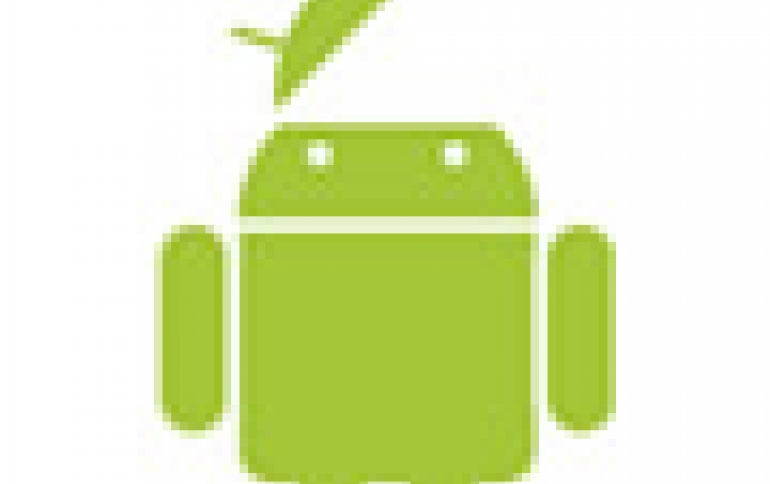
Google Android Now Available As Open Source
Google and the Open Handset Alliance on Tuesday announced the availability of the Android platform source code to everyone, for free, under the new Android Open Source Project.
Android is an open and fully featured mobile platform, which will enable people to create a mobile device without restrictions, build applications that run on Android-powered devices, and contribute to the core platform.
As an open source project, anyone can contribute to Android and influence its direction. That means that anyone can download, build, and run the code needed to create a complete mobile device.
Android is a complete, end-to-end software platform that can be adapted to work on any number of hardware configurations. Handset manufactures can access a complete, mobile stack without any barriers and get a head-start on creating as contemporary a device that they want to build. Developers for the first time can contribute code, with a full set of APIs that allows the platform to host applications written by third-party developers and carriers can offer faster, cheaper and more innovative devices and services.
"Open source allows everyone and anyone equal access to the ideas and innovation that can make good products great," said Andy Rubin, senior director of mobile platforms, Google. "An open sourced mobile platform, that?s constantly being improved upon by the community and is available for everyone to use, speeds innovation, is an engine of economic opportunity and provides a better mobile experience for users."
Examples of Android applications include location-based travel tools, games and social networking offerings available to them directly.
For more information around the Android Open Source Project visit, source.android.com.
The release of the Android open-source code came on the eve of the arrival in stores of the Android-based T-Mobile G1 phone, Google's challenge to the Apple iPhone.
The phones, which cost $179, $20 cheaper than the iPhone 3G, go on sale in the United States on Wednesday, in Britain in early November and in other European countries served by telecom carrier T-Mobile in early 2009.
Google software faces fierce competition from the world's biggest mobile phone maker, Nokia, and its Symbian system.
Microsoft also has a Windows system for mobiles and a separate consortium is working on an open-source Linux solution.
As an open source project, anyone can contribute to Android and influence its direction. That means that anyone can download, build, and run the code needed to create a complete mobile device.
Android is a complete, end-to-end software platform that can be adapted to work on any number of hardware configurations. Handset manufactures can access a complete, mobile stack without any barriers and get a head-start on creating as contemporary a device that they want to build. Developers for the first time can contribute code, with a full set of APIs that allows the platform to host applications written by third-party developers and carriers can offer faster, cheaper and more innovative devices and services.
"Open source allows everyone and anyone equal access to the ideas and innovation that can make good products great," said Andy Rubin, senior director of mobile platforms, Google. "An open sourced mobile platform, that?s constantly being improved upon by the community and is available for everyone to use, speeds innovation, is an engine of economic opportunity and provides a better mobile experience for users."
Examples of Android applications include location-based travel tools, games and social networking offerings available to them directly.
For more information around the Android Open Source Project visit, source.android.com.
The release of the Android open-source code came on the eve of the arrival in stores of the Android-based T-Mobile G1 phone, Google's challenge to the Apple iPhone.
The phones, which cost $179, $20 cheaper than the iPhone 3G, go on sale in the United States on Wednesday, in Britain in early November and in other European countries served by telecom carrier T-Mobile in early 2009.
Google software faces fierce competition from the world's biggest mobile phone maker, Nokia, and its Symbian system.
Microsoft also has a Windows system for mobiles and a separate consortium is working on an open-source Linux solution.




















